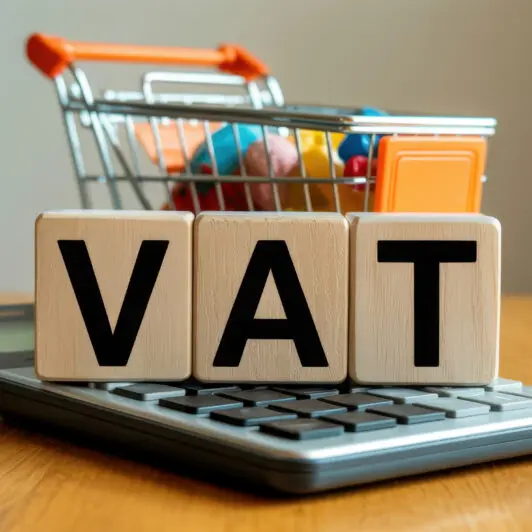
The European Union is accelerating towards mandatory electronic invoicing across member states, with significant implementation milestones beginning in 2026. For finance and tax directors managing multi-jurisdictional operations, understanding this rollout timeline is critical for compliance planning and operational readiness.

2026: The starting gate
Belgium leads with comprehensive requirements starting 1 January 2026, implementing e-invoicing immediately, followed by e-reporting obligations for all companies by 1 January 2028.
Poland takes a phased approach, beginning 1 February 2026, with companies exceeding 200 million zloty in revenue, then expanding to all companies by 1 April 2026.
Croatia implements universal e-invoicing requirements for all companies from 1 January 2026.
France introduces a dual timeline starting 1 September 2026, requiring e-invoicing reception for all companies whilst implementing issuance and e-reporting requirements specifically for large companies and SMEs.
Spain will require e-invoicing and invoice status notifications for companies with revenue over €8 million, triggered 12 months after the publication of the relevant royal decree.
2027-2028: Expansion and deepening
Germany enters with revenue-based thresholds, requiring e-invoicing for companies over €8 million in revenue from 1 January 2027, expanding to all companies by 1 January 2028.
Spain continues its phased rollout, extending e-invoicing to all companies 24 months after the royal decree, with invoice status notifications for all companies following at 36 months.
Slovenia and Latvia join the movement with B2B e-invoicing projects launching 1 January 2027 and 1 January 2028, respectively.
2030: The ViDA convergence
The timeline culminates with the ViDA (VAT in the Digital Age) package in 2030, representing a significant harmonisation of digital VAT processes across the EU regarding IntraCommunity transactions.
Strategic implications
This staggered implementation creates both challenges and opportunities. Finance leaders should consider:
- Multi-jurisdictional complexity: Companies operating across multiple EU markets will face varying compliance dates and requirements
- Technology infrastructure: The need for systems capable of handling different national e-invoicing formats and reporting requirements
- Process standardisation: An opportunity to harmonise invoicing processes ahead of the ViDA package
- Vendor and customer readiness: Ensuring trading partners are prepared for mandatory e-invoicing transitions
Preparing for the digital shift
The approaching deadlines require proactive planning. Finance teams should assess current invoicing processes, evaluate technology capabilities, and develop implementation roadmaps that account for the varying national requirements and timelines.
As the EU moves towards this digital-first VAT environment, staying ahead of compliance requirements whilst optimising for operational efficiency will be crucial for maintaining competitive advantage in an increasingly integrated European market.





